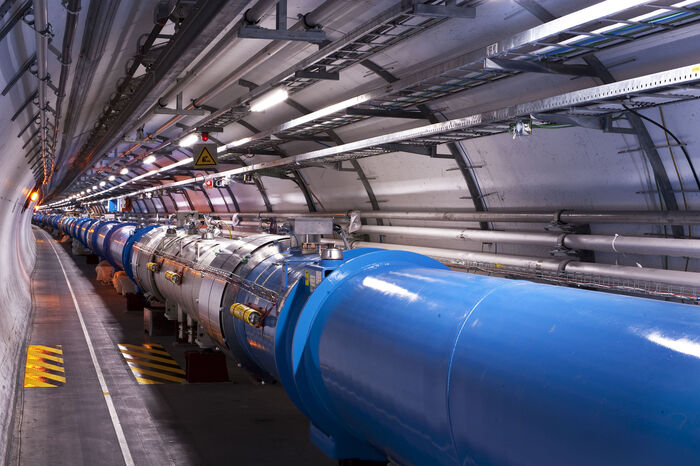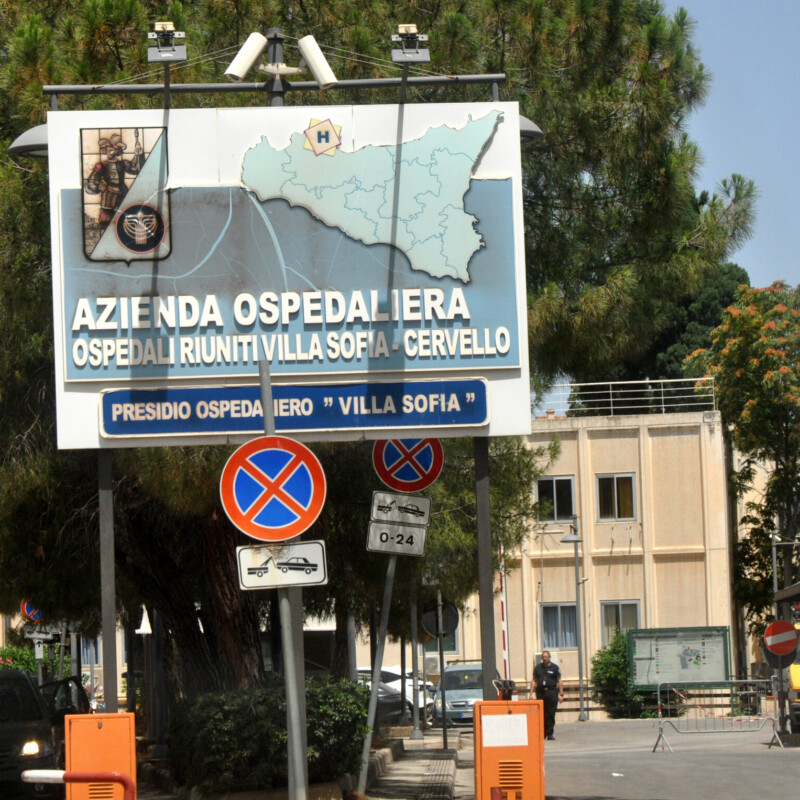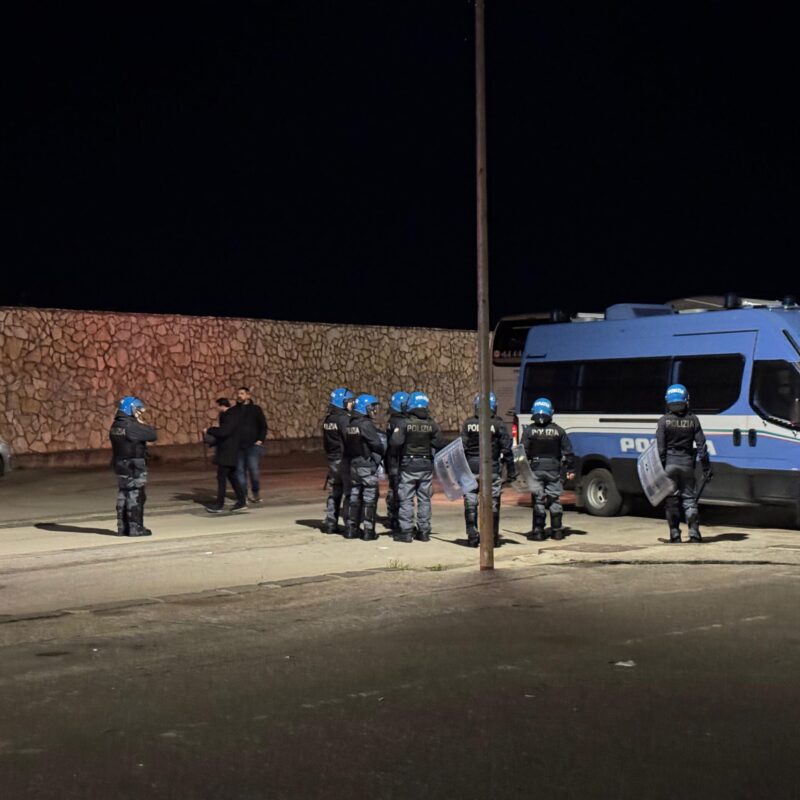High-energy collisions have resumed at the Large Hadron Collider (LHC) in Geneva after the world's largest particle accelerator completed its slow and complex reawakening from its year-end technical pause, CERN said on Twitter.
The long winter hibernation, which was brought forward by a few days last autumn to reduce power consumption, lasted a total of 17 weeks and allowed for maintenance and some minor upgrades to the facility in preparation for the second data-collection season of the so-called Run 3.
The start-up began on February 13 and lasted until March 28, when the actual testing phase began.
"Today, the LHC received the first 2023 stable beams at the record energy of 6.8 TeV - weeks after the first #BeamTime of the year, and after several weeks of getting the #LHC ready for chapter 2 of #LHCRun 3," a tweet read.
Minutes later confirmation arrived from the CMS experiment profile.
"High energy physics! The first 13.6 TeV collisions of the year just happened! This is the Run 3 energy that allows CMS to continue to thoroughly investigate the fundamentals of the universe."
Later, the Atlas experiment also celebrated the first collisions at 13.6 TeV in 2023.
"This marks the beginning of a new season of data collection for the experiment and an exciting continuation of LHC's Run 3 programme."








Caricamento commenti
Commenta la notizia